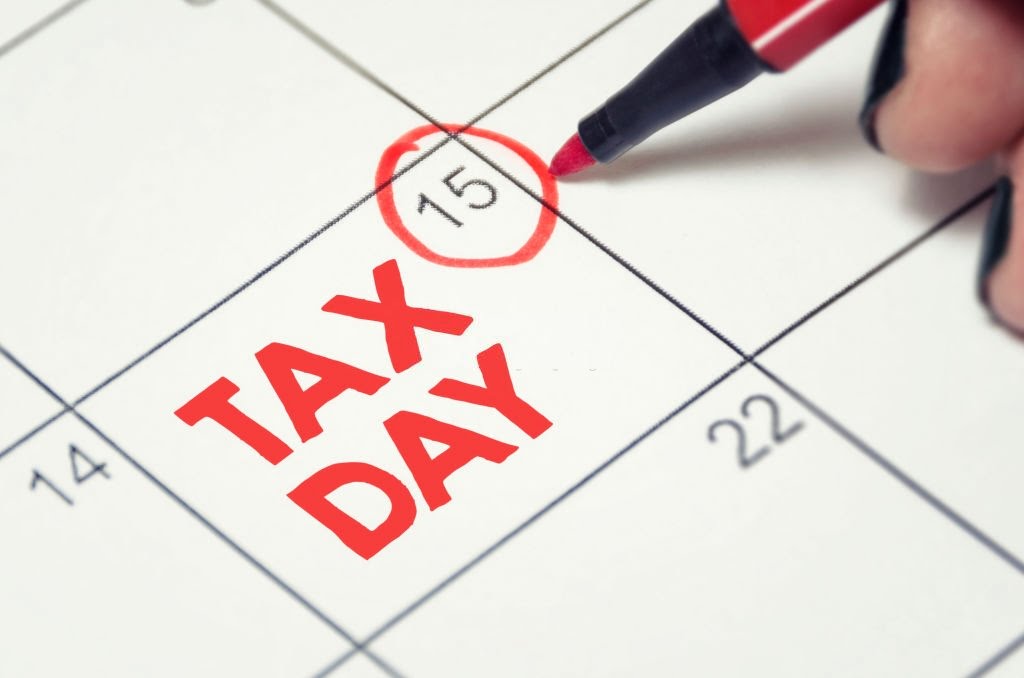How to Register Income Tax & File E-Filing with LHDN 2024
Today, understanding and overcoming the complexity of the income tax system is not just a legal obligation but a vital contribution to the nation’s development.
This comprehensive guide aims to provide a detailed, step-by-step walkthrough for individuals and businesses on registering income tax and effectively utilizing the e-Filing system with the Inland Revenue Board of Malaysia (LHDN) in 2024.
About Malaysian Income Tax
At the core of financial responsibility lies the need to comprehend Malaysia’s income tax system. This understanding is highly important for individuals and businesses, ensuring compliance with regulations and actively contributing to the economic growth of the nation.
From individual taxpayers to thriving enterprises, adherence to tax regulations is a basic pillar of financial stewardship.

Registering for Income Tax
Who Needs to Register?
The obligation to register for income tax includes a diverse range of individuals and entities. This includes single individuals with annual earnings surpassing RM34,001, married individuals with non-working spouses earning above RM46,001, business operators, and those involved in property transactions. The criteria are coherent, covering a spectrum of financial activities.
Online and Manual Registration
Efficiency in the registration process is key, and Malaysia’s tax system provides two primary avenues for this – online and manual registration. The online route, facilitated through the MyTax system, offers a swift process. Necessary documents such as identification cards or passports are required for this process. Alternatively, manual registration at an Inland Revenue Board of Malaysia (IRBM) branch allows for a traditional, in-person approach to document submission.
Activating MyTax HASiL PIN
Post-registration, the acquisition of the MyTax HASiL PIN becomes important. This PIN serves as the gateway to seamless access to the e-Filing system. Whether obtained online or from an IRBM branch, this step ensures a streamlined entry into the e-Filing process.
Creating Your e-Filing Password
The subsequent step involves registering the 16-digit PIN in MyTax under the First Time Login menu. Successful creation of a password marks the completion of the activation process, ensuring secure access to the e-Filing system. This security measure is important in safeguarding sensitive financial information.
Filing Income Tax with LHDN
Filing Deadlines
A basic aspect of the income tax process is understanding and adhering to filing deadlines. For residents without business (Form BE), the deadline is set at April 30, with an e-Filing extension provided until May 15. Business owners using Form B have a slightly extended deadline of June 30, with the e-Filing deadline further extended to July 15. Timely filing not only prevents overdue income tax but also significantly contributes to the nation’s development.
Benefits of Timely Filing
Timeliness in filing is not merely about avoiding penalties; it goes hand in hand with national development. By adhering to the specified deadlines, individuals and businesses not only fulfill their financial obligations but also position themselves for various tax reliefs. These reliefs cover a broad spectrum, including those related to medical and health insurance, providing additional incentives for compliance.
Understanding Tax Booklet Filing Dates

Key Dates for Various Taxpayers
Each category of taxpayers has its unique set of deadlines. Individuals filing Form BE face a deadline of April 30, with an e-Filing extension until May 15. On the other hand, business owners using Form B must complete their filing by June 30, with the e-Filing deadline further extended to July 15. The diversity in deadlines accommodates the varied financial activities of taxpayers.
Things to Know During Tax Season
Filing for the First Time
For individuals filing for the first time, understanding the applicable tax form and its associated deadlines is important. Form BE, designed for residents without business income, has a deadline of April 30, with an e-Filing extension available until May 15. Business owners utilizing Form B encounter a deadline of June 30, with e-Filing permitted until July 15. Getting started with initial filing is simplified when armed with knowledge and a clear understanding of the specific requirements.
Mandatory EA Form Issuance
Employers play an important role in the income tax process. They are mandated to issue EA forms to present and former employees by February 28 of the following year. This stipulation ensures that employees have the necessary documentation for their tax filings. For individuals with multiple employers during a tax year, proactive communication with each employer is necessary to secure separate EA forms.
Taxability of Benefits
Understanding the taxability of benefits is a nuanced aspect of the income tax process. Benefits can be broadly categorized into benefits-in-kind and perquisites. While certain exemptions exist, it’s important to note that directors or employees with significant control over their employers may not be eligible for these exemptions. A detailed understanding of these nuances ensures accurate and compliant tax filings.
All in All
In terms of Malaysia’s income tax system, a proactive approach is not just recommended; it’s necessary. Adhering to deadlines, comprehending applicable tax forms, and leveraging available exemptions contribute to a seamless tax season.
However, the complexity of tax regulations may warrant additional assistance. Seeking professional guidance from accounting services in Malaysia can streamline the process, ensuring not only compliance with tax incentives but also a clear understanding of the evolving tax scenario.
This proactive engagement is not just an individual or business obligation; it aligns with the broader economic goals of the country. Malaysia’s advancement requires active participation in its tax framework, turning tax compliance from a legal requirement into a strategic move for personal and national growth.
As Malaysia continues on its trajectory of economic development, understanding and actively participating in its tax ecosystem become integral components of responsible citizenship and financial stewardship.





